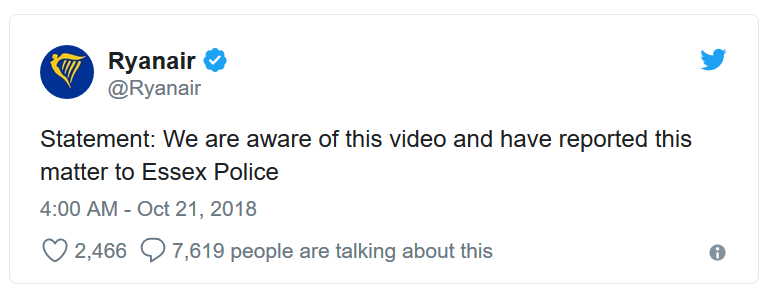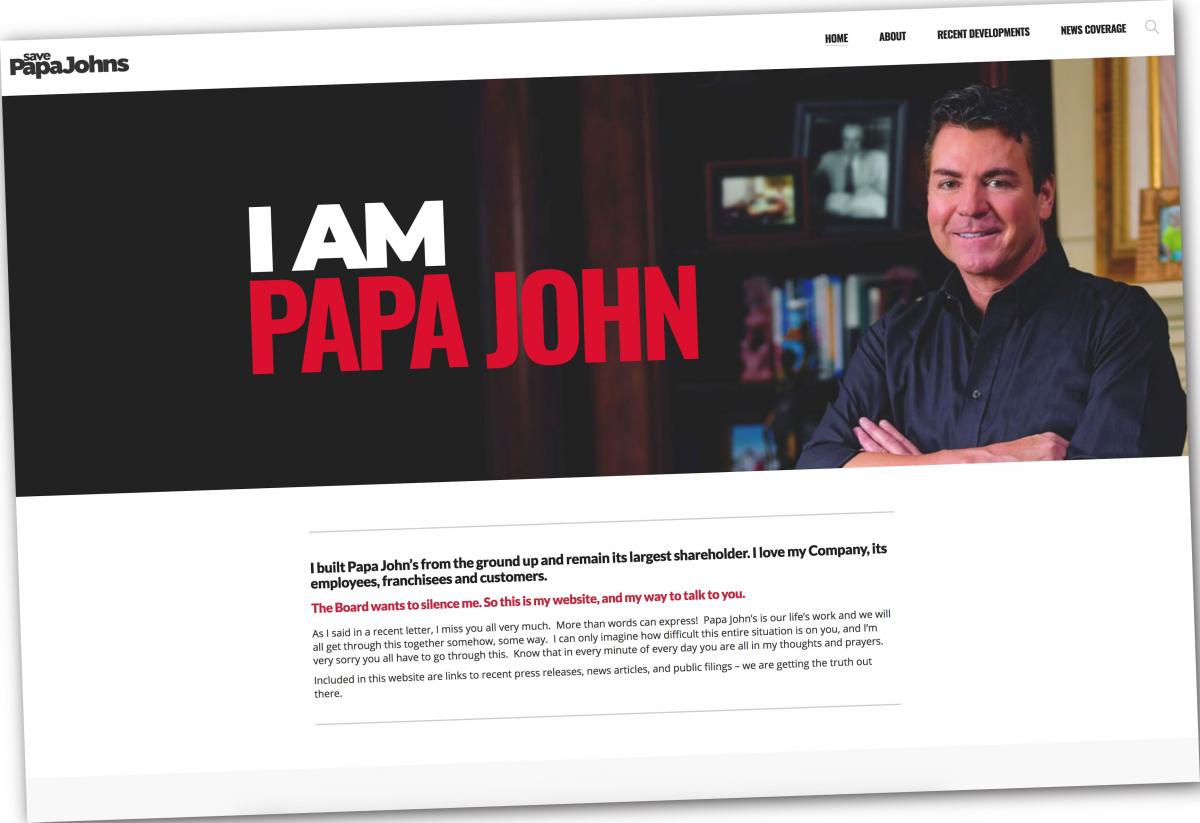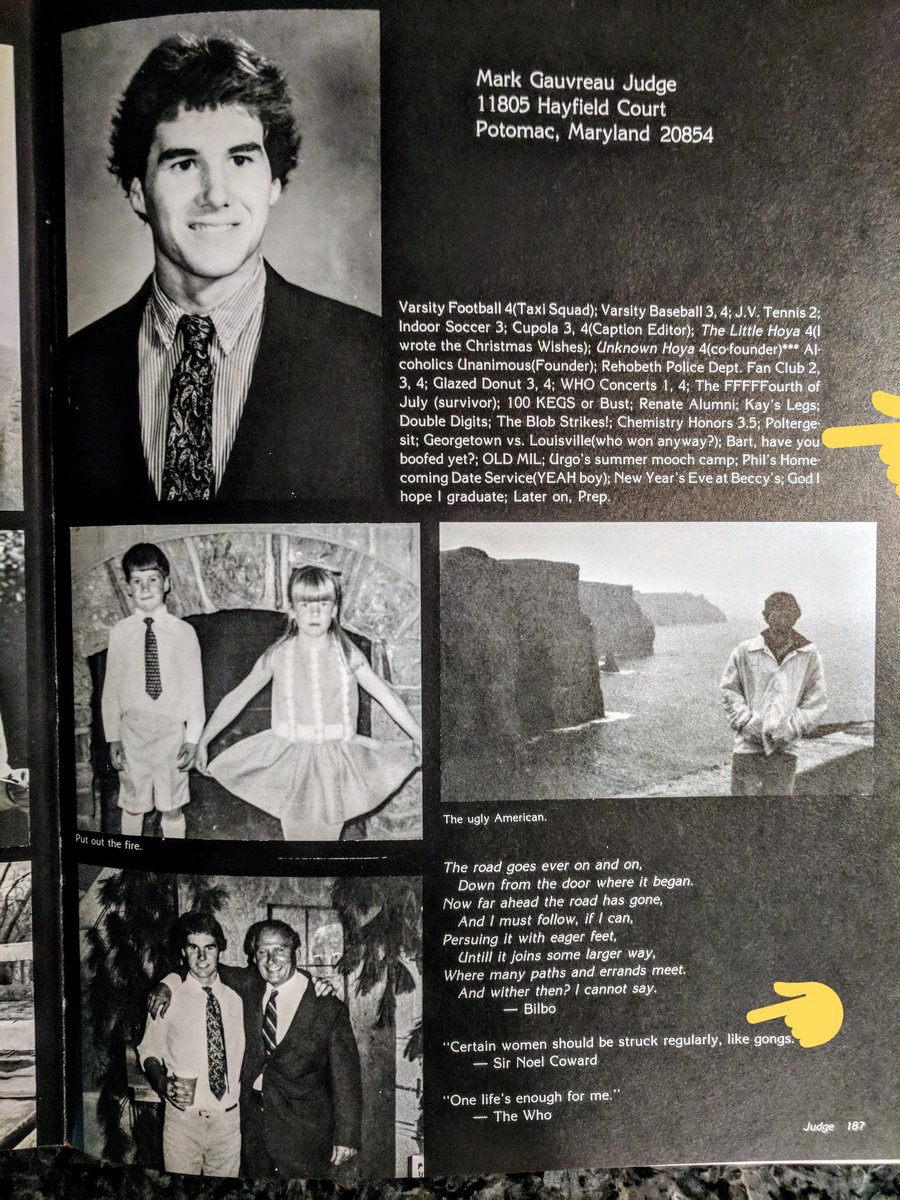Google Admits Sexual Harassment Incidents
/It’s been quiet until now, but Google has fired 48 employees for sexual harassment. A New York Times article exposed a number of high-profile departures dating back to 2014, including Andy Rubin, who developed the Android.
Rubin was paid $90 million when the company asked for his resignation, but executives never told the entire truth: that Rubin left because he was accused of sexual misconduct. Instead, then-CEO Larry Page, complimented him: “I want to wish Andy all the best with what’s next,” and “With Android, he created something truly remarkable—with a billion-plus happy users.” Rubin denies the claim and the circumstances of his termination.
In addition to this situation, the Times article cites a number of relationships between senior-level managers and employees. An email from CEO Sundar Pichai and the VP of people operations to staff acknowledges the 48 departures, including 13 “senior managers and above.”
Hi everyone,
Today's story in the New York Times was difficult to read.
We are dead serious about making sure we provide a safe and inclusive workplace. We want to assure you that we review every single complaint about sexual harassment or inappropriate conduct, we investigate and we take action.
In recent years, we've made a number of changes, including taking an increasingly hard line on inappropriate conduct by people in positions of authority: in the last two years, 48 people have been terminated for sexual harassment, including 13 who were senior managers and above. None of these individuals received an exit package.
In 2015, we launched Respect@ and our annual Internal Investigations Report to provide transparency about these types of investigations at Google. Because we know that reporting harassment can be traumatic, we provide confidential channels to share any inappropriate behavior you experience or see. We support and respect those who have spoken out. You can find many ways to do this at go/saysomething. You can make a report anonymously if you wish.
We've also updated our policy to require all VPs and SVPs to disclose any relationship with a co-worker regardless of reporting line or presence of conflict.
We are committed to ensuring that Google is a workplace where you can feel safe to do your best work, and where there are serious consequences for anyone who behaves inappropriately.
Sundar and Eileen
Discussion:
Should Google have been more transparent about the previous departures? Why or why not?
Should the executives say more in the email about the specific departures mentioned in the Times article? Why or why not?
Assess the email for audience analysis, objectives, tone, organization, and style. What works well, and what could be improved?
Which leadership character dimensions does Pichai demonstrate and fail to demonstrate?



















